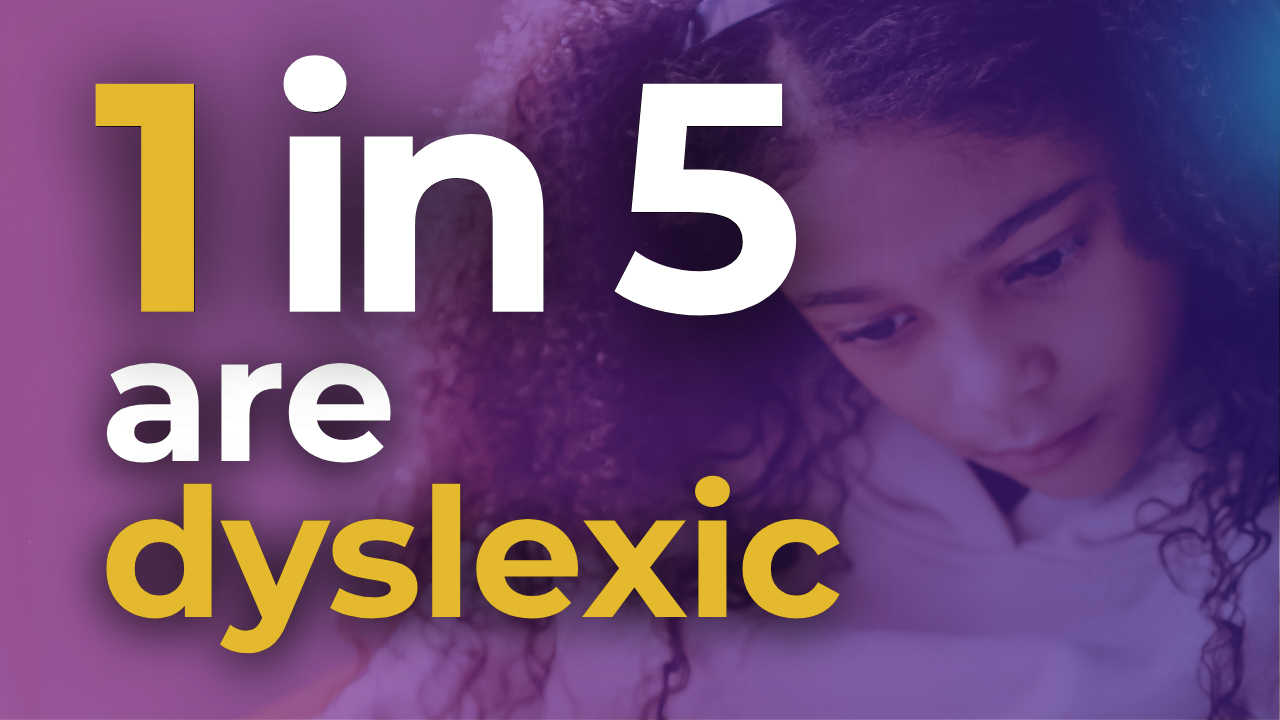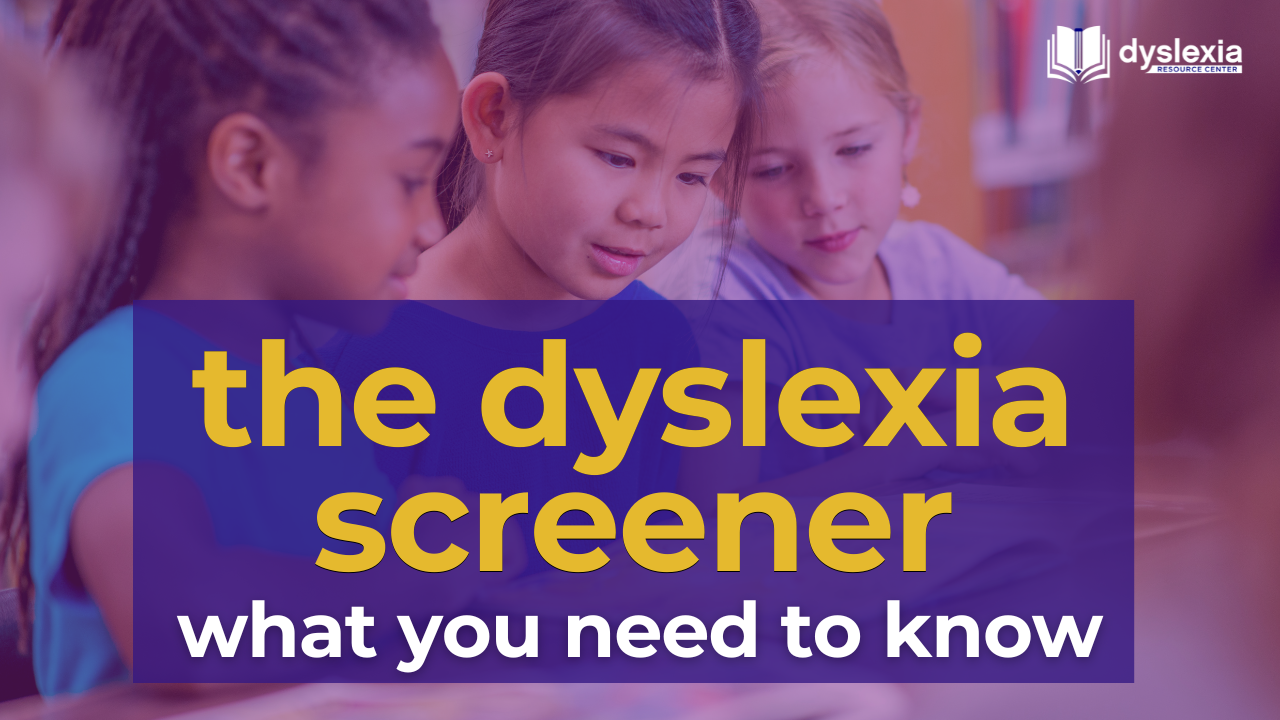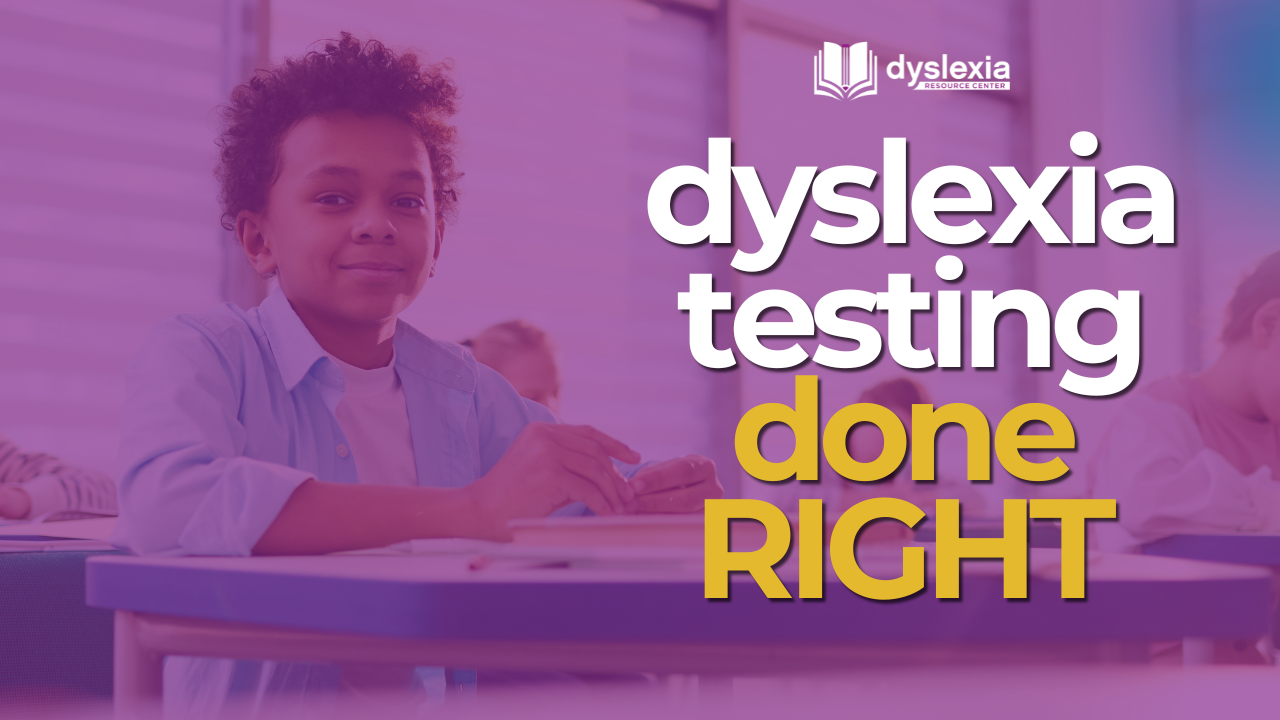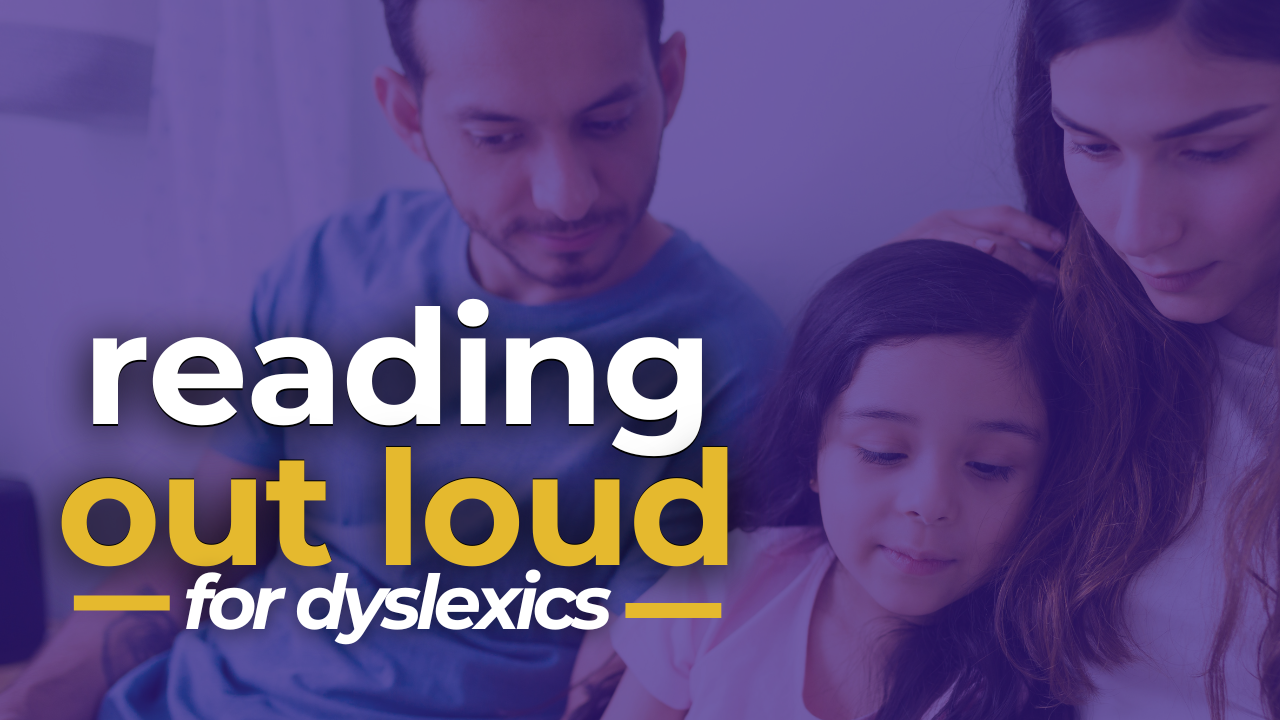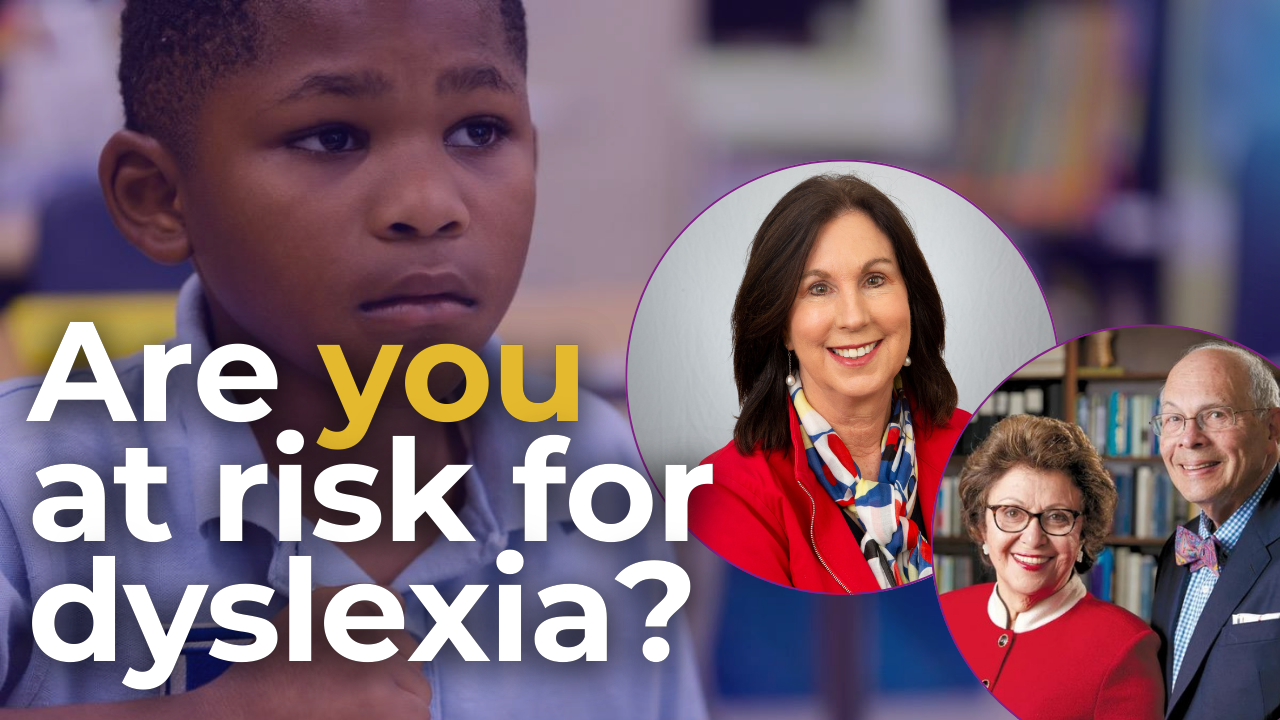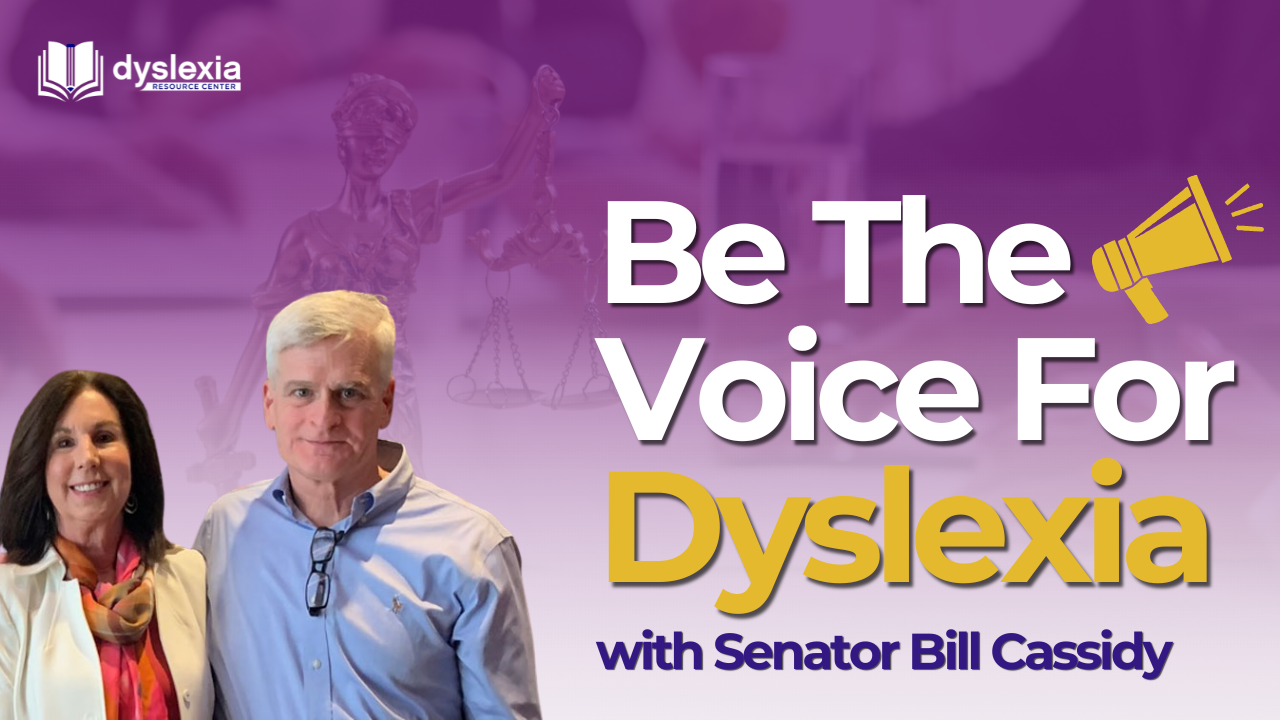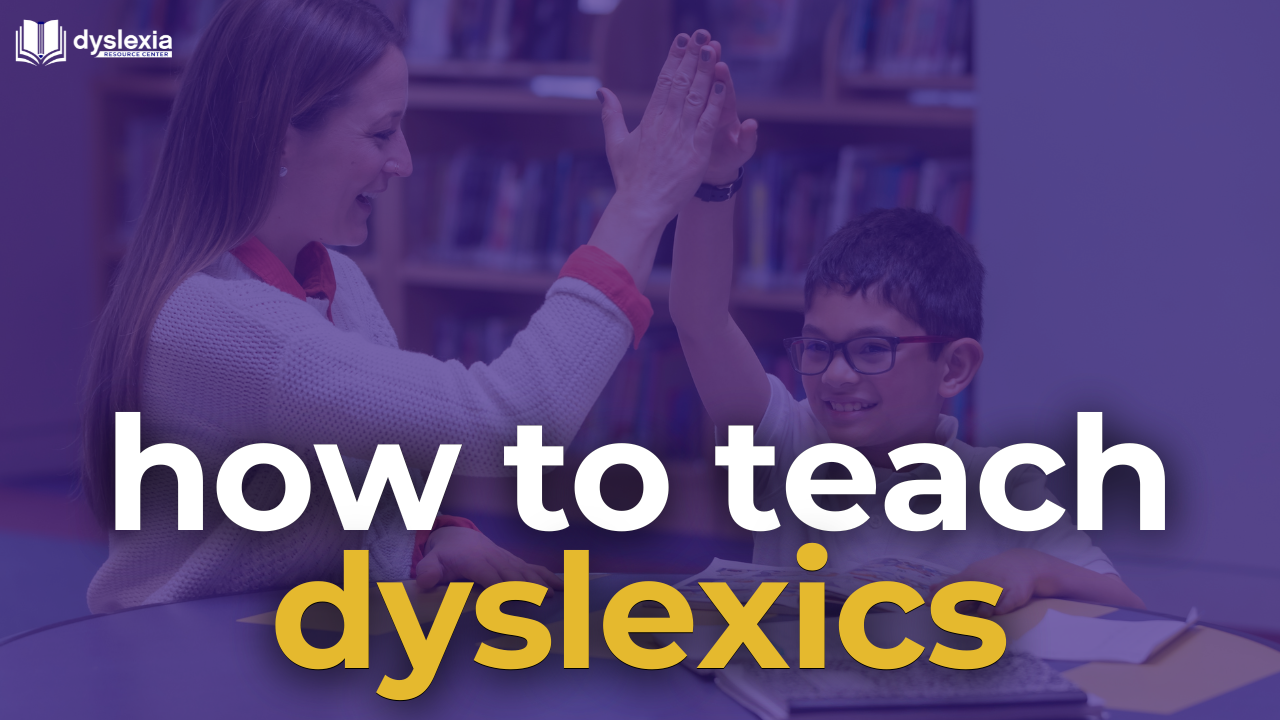Episode 21: Why Reading Out Loud Matters for Dyslexic Students
Reading out loud can be one of the most intimidating tasks for a dyslexic child—and one of the most avoided. But according to Dr. Laura Cassidy, Board Chair of the Dyslexia Resource Center and Louisiana Key Academy, it’s also one of the most important.
In our most recent episode, Dr. Cassidy dives into why this practice, though often frustrating, plays a critical role in helping children with dyslexia improve their reading skills.
Why Is Reading Out Loud So Hard?
Let’s be real—most people dread reading aloud. Now imagine doing it with a brain that processes language differently. Dyslexic students often feel anxious, discouraged, or even ashamed when asked to read in front of others.
Dr. Cassidy emphasizes that this isn’t about a lack of intelligence or effort—it’s about the brain working in an inefficient way for reading. Dyslexic readers use different neural pathways than typical readers, which makes recognizing words, decoding sentences, and reading fluently a much greater challenge.
And here’s something eye-opening: a dyslexic child might correctly read a word on one page, and completely stumble over it later in the same book. That’s not a sign they’re not paying attention—it’s a sign of how hard their brain is working every step of the way.

The Value of Reading Out Loud
Despite the difficulties, Dr. Cassidy insists that reading out loud is vital for building:
• Reading fluency
• Word recognition
• Comprehension
• Oral language skills
When a student reads aloud with a supportive parent, teacher, or volunteer by their side, they get exposure to words in context. They hear them, say them, learn them—and slowly but surely, they start forming the brain connections needed to recognize and retrieve those words later on.
It’s like building a mental library. Each out-loud reading session helps the child lay down “networks” in the brain that they can access in the future to become more fluent and confident readers.

What Does Support Look Like?
Dr. Cassidy encourages caregivers and educators to offer gentle feedback when listening to a child read out loud. That means:
• Being patient
• Avoiding judgment
• Understanding that mistakes are part of the process
• Encouraging the child, even if they’re slow or stumble over words
It also helps to have a basic understanding of what dyslexia is and where a child is on their reading journey. The more informed and compassionate the listener, the more effective the practice becomes.

Final Takeaway: It’s Worth It
Yes, it might feel boring, frustrating, or time-consuming. But reading out loud is one of the most impactful things you can do to support a dyslexic child. With consistency, encouragement, and patience, you’ll see growth—and more importantly, your child will start to see themselves as capable readers.
So pull up a book, sit beside your child, and read out loud together. Even the smallest steps forward are progress—and they matter more than you know.
Want more resources and expert tips on supporting dyslexic learners? Be sure to follow the Dyslexia Resource Center Podcast for more episodes with Dr. Laura Cassidy and other literacy advocates.
